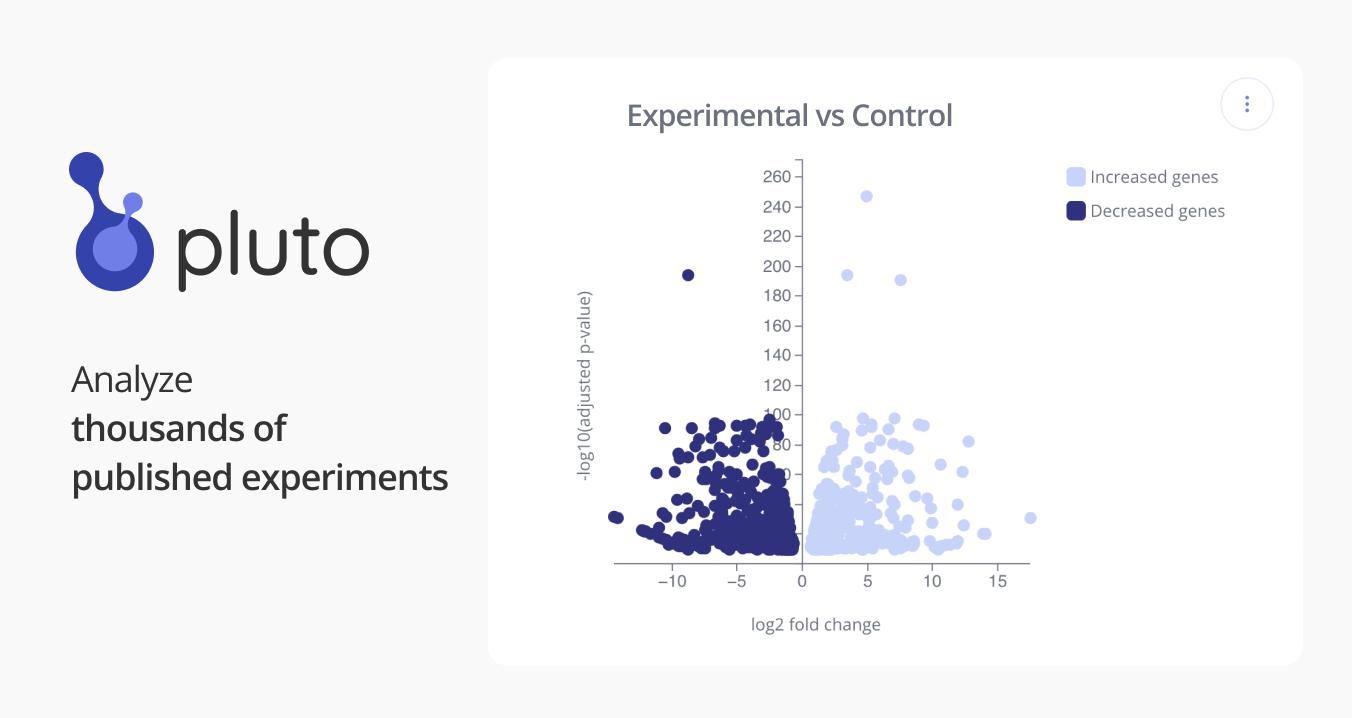Pluto Bioinformatics
GSE116600: Oligodendrocyte precursor differentiation and survival requires chromatin remodeling by Chd7 and Chd8 [RNA-seq]
Bulk RNA sequencing
Oligodendrocyte precursor cells (OPCs) constitute the main proliferative cells in the adult brain, and deregulation of OPC proliferation-differentiation balance results in either glioma formation or defective adaptive (re)myelination. OPC differentiation requires significant genetic reprogramming implicating chromatin remodeling. Mounting evidence indicates that chromatin remodelers play important roles during normal development and their mutations are associated with neurodevelopmental defects, with CHD7 haploinsuficiency being the cause of CHARGE syndrome and CHD8 being one of the strongest Autism Spectrum Disorder (ASD) high-risk associated genes. Here, we report on uncharacterized functions of the chromatin remodelers Chd7 and Chd8 in OPCs. Their OPC-chromatin-binding profile combined with transcriptome and chromatin accessibility analyses of Chd7-deleted OPCs, demonstrates that Chd7 protects non-proliferative OPCs from apoptosis by chromatin-closing and transcriptional repression of p53. Furthermore, Chd7 controls OPC differentiation through chromatin-opening and transcriptional activation of key regulators, including Sox10, Nkx2.2 and Gpr17. Chd7 is however dispensable for oligodendrocyte stage progression, consistent with Chd8 compensatory function, as suggested by their common chromatin binding profiles and genetic interaction. Finally, CHD7 and CHD8 bind in OPCs to a majority of ASD-risk associated genes, suggesting an implication of oligodendrocyte lineage cells in ASD neurological defects. Our results thus offer new avenues to understand and modulate the CHD7 and CHD8 functions in normal development and disease. SOURCE: Carlos Parras (carlos.parras@upmc.fr) - Carlos PARRAS ICM
